
Feb 17 , 2024
By Mirei Endara de Heras
Mirei Endara de Heras, a former environment minister of Panama, is co-founder and chairwoman of the Board of Marea Verde, a Panama-based nonprofit addressing global plastic pollution through local action. This article is provided by Project Syndicate (PS).
As the United Nations (UN) enters the final stretch of negotiations for a new treaty to end plastic pollution, governments must ensure that the agreement reduces plastic production and strengthens local initiatives to remove and recycle existing plastic waste.
Consider the Juan Diaz River, which runs through my hometown of Panama City. Tons of plastic – bottles and other detritus – bob in the river’s currents, owing to poor waste management. Faced with this problem, Marea Verde (“Green Tide”), a non-profit organisation that I co-founded, has installed a trash-trapping water wheel – dubbed the “Wanda” device – that now collects much of this waste before it reaches the ocean.
Local initiatives like ours are necessary to achieve global climate goals. This is especially true for eliminating plastic pollution, largely driven by local consumption decisions. The new UN treaty should thus balance top-down efforts to reduce plastic production and ban the use of toxic chemicals in these products with support for on-the-ground efforts to recycle, reuse, or transform sustainably the billions of tons of plastic already clogging the world’s waterways and harming the environment.
Otherwise, the ocean will contain more plastics than fish by 2050, and new diseases caused by microplastics – which have already been detected in human blood – could become commonplace.
So far, stakeholders are split on how best to proceed. During the latest round of treaty negotiations, held in Nairobi last November, the plastics industry and some oil- and petrochemical-exporting countries called for more emphasis on recycling and reuse, while environmental campaigners and other governments advocated production curbs. To reach a consensus by late this year, the two sides must be brought into alignment and agree on an integrated approach that links global goals to local action.
Working in government and non-profits, I have experienced first-hand how a disconnect between international plans and on-the-ground realities can thwart progress and breed cynicism. That is why we at Marea Verde adapt ideas successfully implemented elsewhere – from the United States to Nigeria and Australia – to our context and culture.
For example, our Wanda device is based on Clearwater Mill's trash wheels, a clean-energy technology that debuted in the US but is customised for a tropical ecosystem. Over the past year, Wanda has collected more than 130 tons of trash from the Juan Diaz River – a more effective intervention than fishing plastics from the sea or beach clean-ups. Replicating this model worldwide could dramatically reduce land-sourced debris, which accounts for 80pc of ocean plastic pollution.
Fortunately, many other organisations focus on river clean-up to prevent new plastic waste from entering the ocean. Eight of these groups – including Marea Verde – are participating in the Clean Currents Coalition, a network of projects piloting innovative waste-removal technologies in river communities worldwide. Coalition members can share knowledge and work collaboratively while encouraging and facilitating effective on-the-ground action.
The plastic crisis results from human activities, and solving it calls for behavioural change. This can only be accomplished through initiatives that engage local communities. For example, Marea Verde organises and empowers residents in areas without recycling facilities by going door to door to collect plastic waste. As a result, many people have become aware of their ability to improve their surroundings, leading them to participate in neighbourhood clean-ups, reclaim green spaces, and lobby for better waste management.
The lack of local data in many developing countries, including Panama, can make it difficult to design climate policies that are fit for purpose. That is why Marea Verde is also building databases on the volume and types of plastic trash in Panama’s rivers, which will improve reporting, help urban planning, and demonstrate the scale of the crisis.
Efforts to counter plastic pollution must be equal to the size of the problem. To that end, the new UN treaty should include severe curbs on plastic production to choke off output and give clean-up efforts a fighting chance. But it must also support the local groups at the forefront of tackling the plastic problem. These groups’ innovative strategies, tools, and data-gathering practices can serve as a model for the global community.
This is not an either/or decision, as international regulations and local action are needed. The latter is already underway and is making a difference, one community and one river at a time.
PUBLISHED ON
Feb 17,2024 [ VOL
24 , NO
1242]


Commentaries | Aug 21,2021

Sunday with Eden | Jan 01,2022
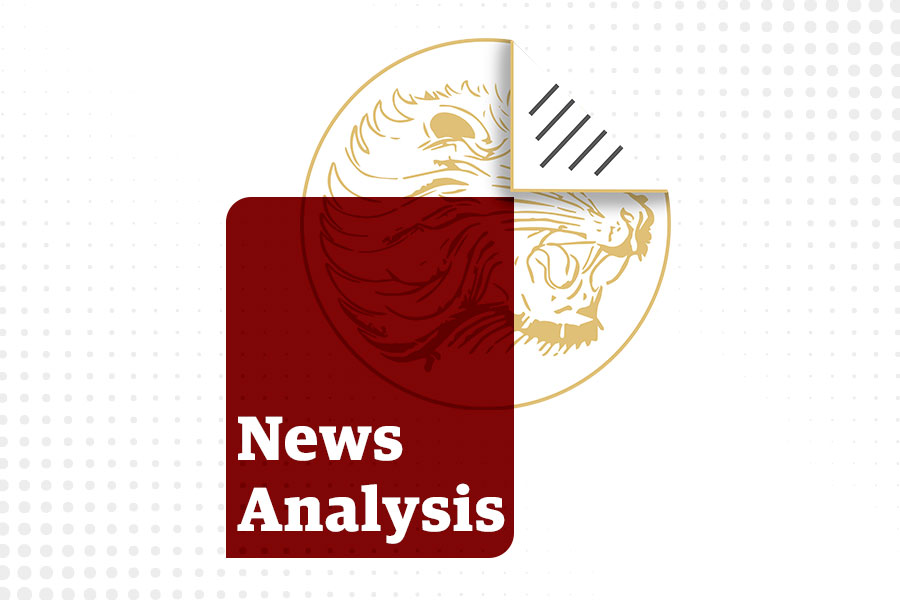
News Analysis | Aug 28,2021

Commentaries | Mar 27,2021

Commentaries | Sep 26,2021
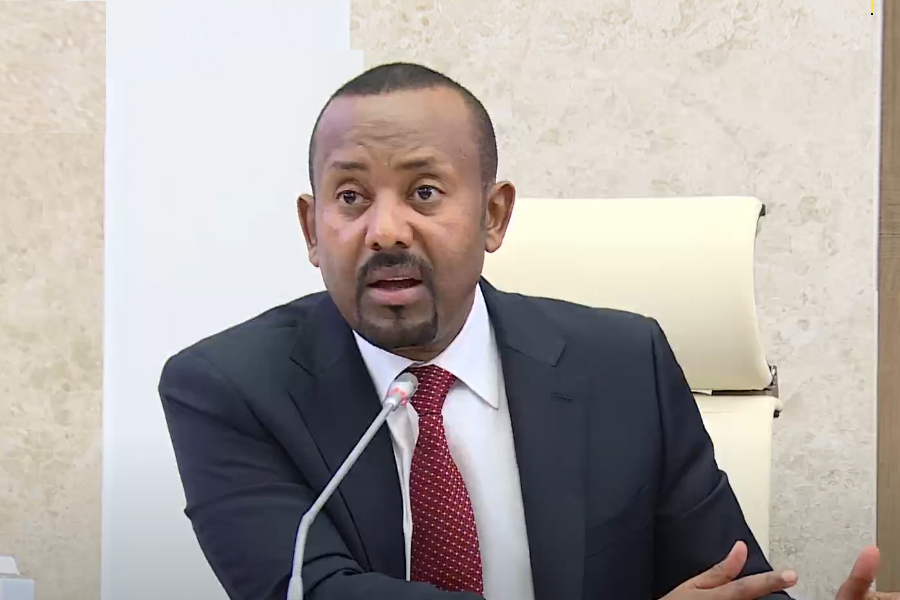
Verbatim | Jul 07,2024

Covid-19 | Apr 17,2020
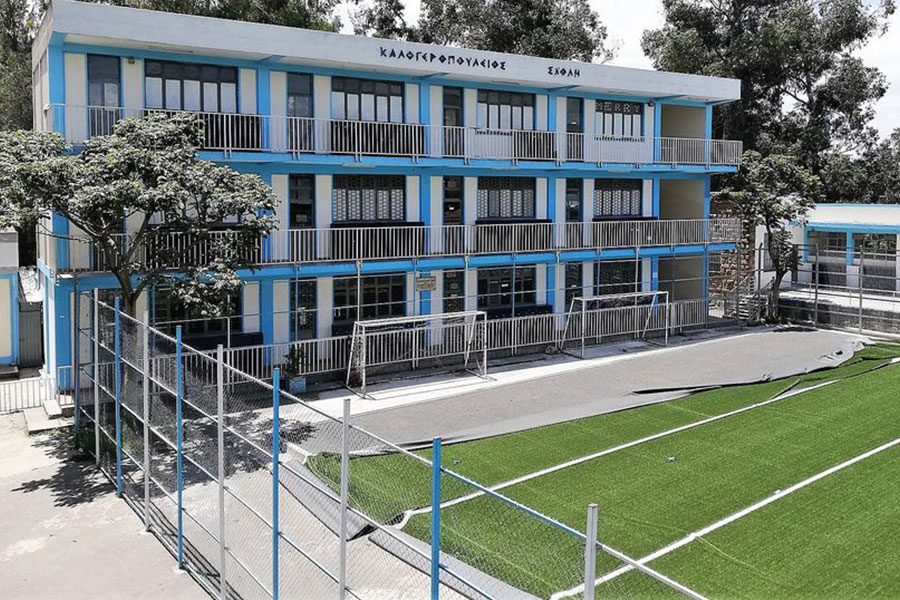
Fortune News | Jun 10,2023
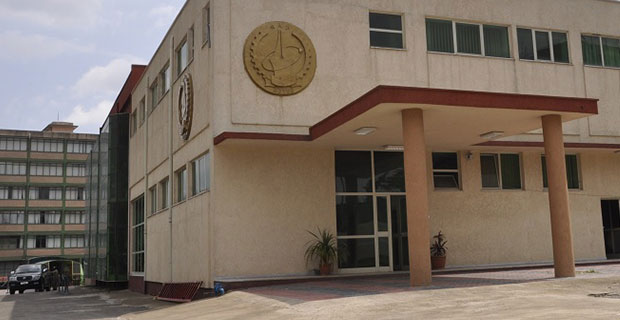
Fortune News | Dec 21,2019
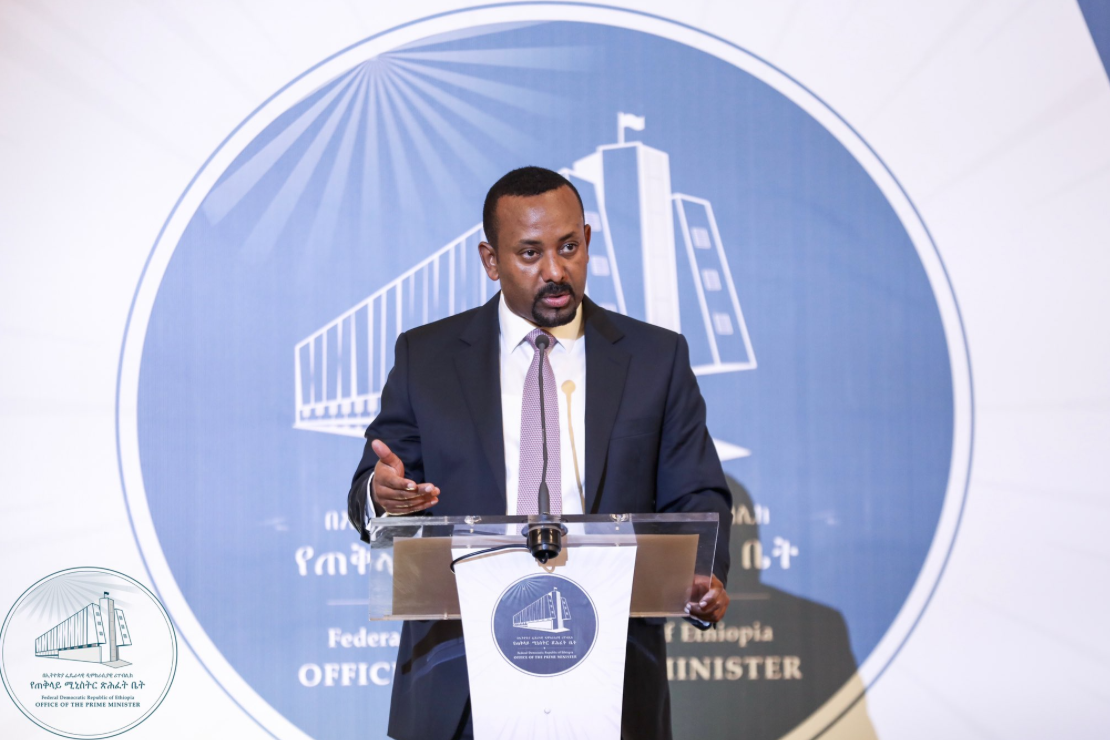
Fortune News | Mar 23,2019

My Opinion | 131673 Views | Aug 14,2021

My Opinion | 128039 Views | Aug 21,2021

My Opinion | 126001 Views | Sep 10,2021

My Opinion | 123622 Views | Aug 07,2021

Dec 22 , 2024 . By TIZITA SHEWAFERAW
Charged with transforming colossal state-owned enterprises into modern and competitiv...

Aug 18 , 2024 . By AKSAH ITALO
Although predictable Yonas Zerihun's job in the ride-hailing service is not immune to...

Jul 28 , 2024 . By TIZITA SHEWAFERAW
Unhabitual, perhaps too many, Samuel Gebreyohannes, 38, used to occasionally enjoy a couple of beers at breakfast. However, he recently swit...

Jul 13 , 2024 . By AKSAH ITALO
Investors who rely on tractors, trucks, and field vehicles for commuting, transporting commodities, and f...

Jun 28 , 2025
Meseret Damtie, the assertive auditor general, has never been shy about naming names...

Jun 21 , 2025
A well-worn adage says, “Budget is not destiny, but it is direction.” Examining t...

Jun 14 , 2025
Yet again, the Horn of Africa is bracing for trouble. A region already frayed by wars...

Jun 7 , 2025
Few promises shine brighter in Addis Abeba than the pledge of a roof for every family...

Jun 29 , 2025
Addis Abeba's first rains have coincided with a sweeping rise in private school tuition, prompting the city's education...

Jun 29 , 2025 . By BEZAWIT HULUAGER
Central Bank Governor Mamo Mihretu claimed a bold reconfiguration of monetary policy...

Jun 29 , 2025 . By BEZAWIT HULUAGER
The federal government is betting on a sweeping overhaul of the driver licensing regi...

Jun 29 , 2025 . By NAHOM AYELE
Gadaa Bank has listed 1.2 million shares on the Ethiopian Securities Exchange (ESX),...